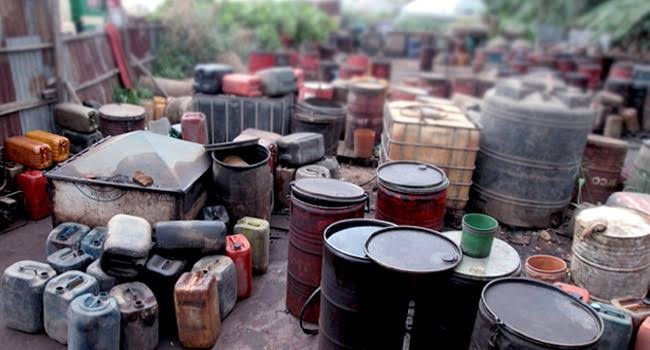Business
Nigeria’s oil exploration declined by 6.7% due to limited investment – OPEC

A report by Organisation of Petroleum Exporting Countries (OPEC) has indicated that crude oil exploration in Nigeria dropped year-on-year by 6.7 percent in September 2024, due to limited investment in the upstream sector of the Nigeria’s petroleum industry.
OPEC gave the indication in its the October 2024 Monthly Oil Market Report released on Tuesday.
According to it, on year-on-year, YoY basis, the nation’s oil exploration decreased by 6.7 per cent in September 2024, as the rigs dropped for exploration fell to 14, from 15 recorded in the corresponding period of 2023.
But on month-on-month, MoM basis, the nation’s oil exploration remained flat as the number of rigs deployed remained flat at 14 in September 2024, same as recorded in the preceding month of August 2024.
OPEC said Algeria emerged the highest nation in terms of exploration with 43 rigs while Equatorial Guinea came last with zero rigs.
Although OPEC did not provide factors responsible for the development, checks by Vanguard pointed to low investment in Nigeria during the period, characterized by continued divestment by the International Oil Companies, IoCs.
Nigeria has proven oil reserves of approximately 37 billion barrels of oil and 209 trillion standard cubic feet, Tscf of proven natural gas reserves.
Efforts targeted at increasing the 37 billion barrels of oil and 209 trillion standard cubic feet, Tscf of proven natural gas reserves have not been very successful for many years.
But speaking at the just-concluded African Oil Week, AOW, in Cape Town, South Africa, the Commission Chief Executive, Nigerian Upstream Petroleum Regulatory Commission (NUPRC), Engr. Gbenga Komolafe, said that the nation was working to conclude its 2024 Nigerian License Round.
Komolafe stressed Nigeria’s commitment to ensuring transparency, regulatory efficiency, and a favorable business environment for investors while outlining the strategic blocks available for licensing, showcasing the country’s vast untapped potential in hydrocarbons.








